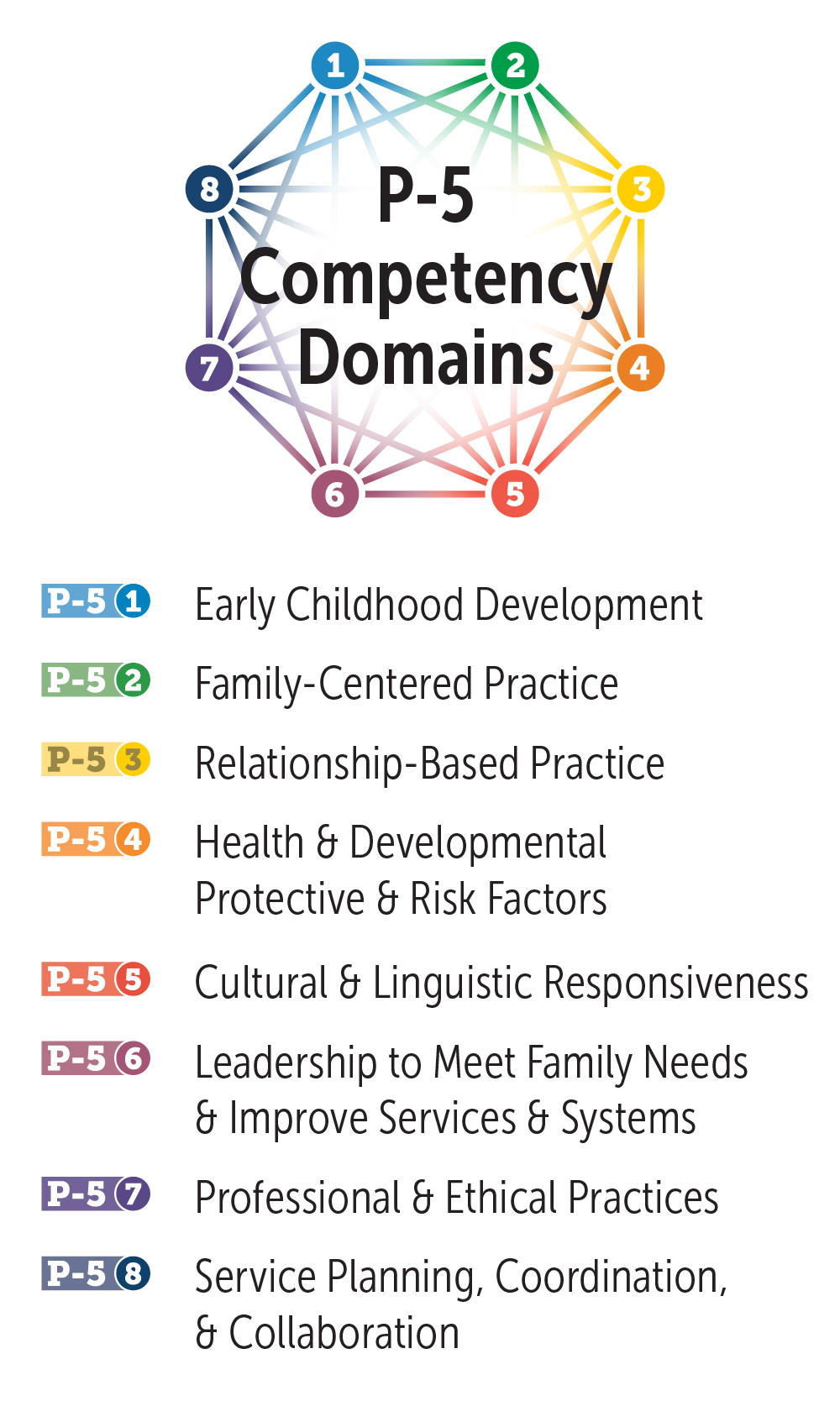
Virtual Event: Considering Culture when Assessing and Diagnosing Young Children
- Registration Closed
 |
| P-5 Competency Domain: 5-Cultural and Linguistic Responsiveness: how culture and language have profound effects on child and family development, ways to raise awareness of our own assumptions about cultural attitudes and values, and strategies to integrate culturally and linguistically responsive methods. |

"Culture" encompasses shared beliefs, values, rules, and practices. If we try to assess and diagnose developmental and mental health challenges without considering culture, we risk misunderstanding, misdiagnosis, and missed connections. This talk explores the intersection of culture and diagnosis, considering cultural explanations of a child's difficulties, cultural factors related to the child's environment, and cultural features of the relationship between the parents/caregivers and the clinician. Integration of these perspectives in the process of assessment and diagnosis will be illustrated with the use of a case vignette, with a particular focus on autism spectrum disorder. Learning goals for this event include:
- Identify two reasons that culture must be considered to accurately diagnose children.
- Explain the key components of the Cultural Formulation for Infants and Young Children in the Diagnostic Classification for 0 – 5.
- Articulate the application of the Cultural Formulation when assessing a child for autism spectrum disorder
Many clinicians who use the DC:0-5 manual and provide diagnoses for young children do not explicitly consider the DC:0-5 Cultural Formulation. This webinar will help clinicians to reflect on the importance of the Cultural Formulation, apply it to a case vignette, and practice applying it to their own clinical work.
**Live Attendance Required**
ZERO TO THREE is pleased to offer Continuing Education Units for a wide range of learning events, both in person and on line.
Contact hours and CEUs are automatically added to your registration for no additional charge. Registrants can earn up to 0.1 CEU or 1 Contact hour for attending this event. Continuing Education Units are awarded with live attendance, completed session evaluation, and a passing quiz score of 2/2.
Learning objectives include:
- Identify two reasons that culture must be considered to accurately diagnose children.
- Explain the key components of the Cultural Formulation for Infants and Young Children in the Diagnostic Classification for 0 – 5.
- Articulate the application of the Cultural Formulation when assessing a child for autism spectrum disorder.
Contact hours offered may vary per discipline. For more information regarding ZERO TO THREE CEUs, please visit: https://www.zerotothree.org/resources/1657-earn-ceus-from-zero-to-three. Please note: A computer or electronic device with internet connection is required for successful completion. This session will be hosted for one hour and includes a brief introduction, 45 mins of content based teaching, and 10 to 15 minutes of Q and A. Questions can be posted throughout the session, and the presenter will address as many as possible.
Additional Details:
ZERO TO THREE is accredited as an Authorized Provider of Continuing Education and Training by the International Association for Continuing Education and Training (IACET). In obtaining this accreditation, we have demonstrated compliance with the ANSI/IACET Standard, which is recognized internationally as a standard of excellence in instructional practices. As the official standard for continuing education and training, IACET Continuing Education Units (CEUs) are recognized by a wide range of organizations, including professional associations, regulatory boards, corporations, and universities.
Though IACET CEUs are widely accepted, it is up to each organization to choose whether or not it will accept them. For this reason, we strongly advise that you confirm in advance if a particular body accepts IACET CEUs. To view a list of companies, regulatory boards, and organizations that have reported to accept the IACET CEU credit, please click here. This list is not exhaustive, nor does it guarantee that an IACET CEU will automatically be accepted.
*Presenters have affirmed that they do not have proprietary interest in products, instruments, devices, services or materials discussed in this course, and have confirmed that they have not been compensated in relation to this presentation.

